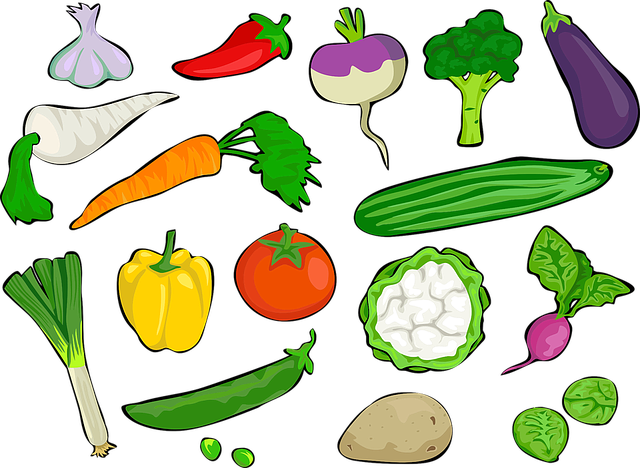Sustainable Farming and the Environment
Sustainable farming is a growing trend that seeks to balance economic profitability with environmental protection and social responsibility. It is based on the principles of ecological health, economic profitability, and social and economic equity. Sustainable farming practices aim to reduce the environmental impact of agriculture by promoting soil health, water conservation, and biodiversity.

Innovations
Innovations in sustainable farming are helping farmers to improve their environmental performance and increase their profitability. One key innovation is precision agriculture, which uses technology such as drones, sensors, and GPS to help farmers optimize their use of resources, reduce waste, and increase yields.
Challenges
While sustainable farming practices offer many benefits, farmers also face significant challenges in implementing them. One of the main challenges is the high upfront costs of transitioning to sustainable farming practices. This can be a barrier for many farmers, especially those who are struggling financially. Another challenge is the lack of access to information and technical support, particularly for small-scale and resource-poor farmers.
Opportunities
Despite the challenges, sustainable farming also offers significant opportunities for farmers, consumers, and the environment. Farmers can lessen their reliance on external inputs, such as fertilizers and pesticides, which can be expensive and damaging to the environment, by implementing sustainable farming techniques.

